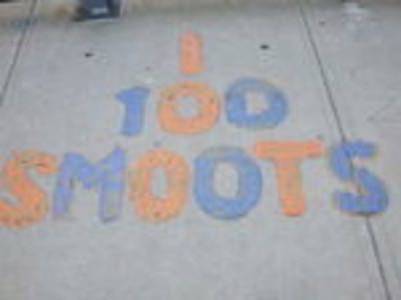A delightful book that should be on your summer reading list, or a potential gift for your favorite geek, is a new offering from MIT Press called
Nightwork: A History of Hack and Pranks at MIT. (updated link) For those of us that went to lesser engineering schools (or perhaps greater, depending on our metrics), it is a joyful experience. The author, school historian TF Peterson, has copiously illustrated some of the more fantastic and amusing things that students have cooked up over the years, including nailing someone’s dorm furniture to the underside of the Media Lab archway, putting various objects on top of the two domes at the school, playing Al Gore buzzword bingo at commencement, and more.

For those of the younger generation, you might not realize that MIT has had a long and proud hacking and pranking tradition, dating back more than 50 years to when life was simpler, computers and the Internet didn’t exist. Hacking was more than just writing clever code: it was about doing something so clever and unique that would gain you the envy of your peers. I recall many such pranks in my undergraduate youth, including barricading fellow geeks in their dorm rooms and only deliver food that was flat enough to fit under the door (well, it was funnier at the time).
Included in the book is the story of Oliver Smoot, the shortest member of his fraternity pledge class, who’s name went on to become a standard of measurement of Boston’s Massachusetts Avenue bridge (some to this day even call it the “Smoot Bridge”). Later on in life he ironically became chairman of the American National Standards Institute, the organization in the US in charge of keeping our weights and measurements intact. Now, how sweet a hack can that be? The bridge’s “Smoot” lines are lovingly repainted each year, and now have become so enshrined in its structure that the traffic police use the numbers in their accident reports.
Included is a copy of full Hacking Commandments, including “Thou shalt keep holy the hour of Star Trek” (well, this is somewhat dated) and “Thou shalt not divide by zero.” Pick up a copy of the book and enjoy seeing how the generations of geeks who have passed thru the school have spent many creative hours.

















